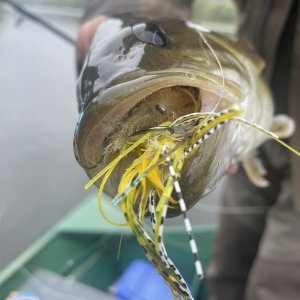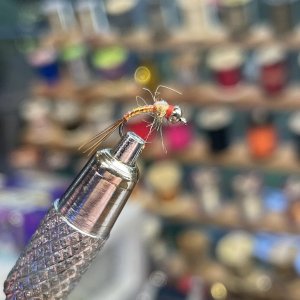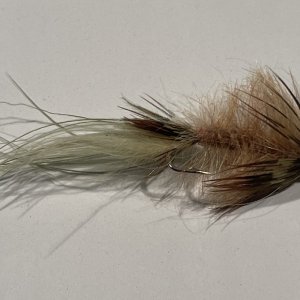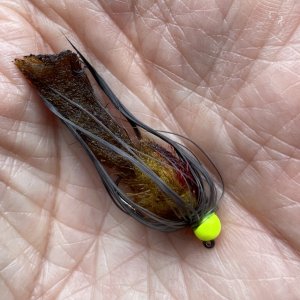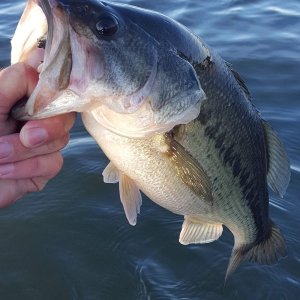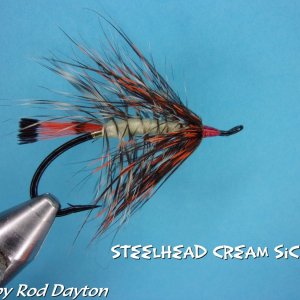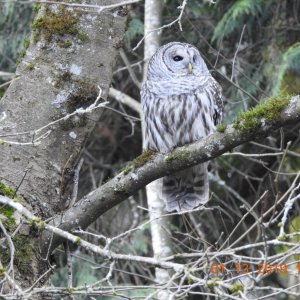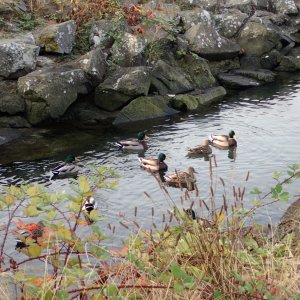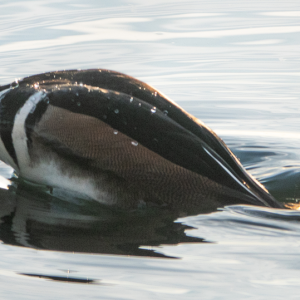There's some awesome science linked to in the article.

Here's a link to the study the article is based on:
Finally, here's a link to a searchable database of the studies they analyzed for the meta analysis:

50 years of research overwhelmingly shows hatcheries are harmful to trout, salmon, char and more
For over 100 years, hatcheries have been producing fish in an effort to mitigate human impacts on the natural environment. Whether to increase stocks to fuel the demands of commercial and recreational fisheries, counteract the effects of habitat loss, or rescue species on the brink of...
www.hatchmag.com
Here's a link to the study the article is based on:
Finally, here's a link to a searchable database of the studies they analyzed for the meta analysis:

